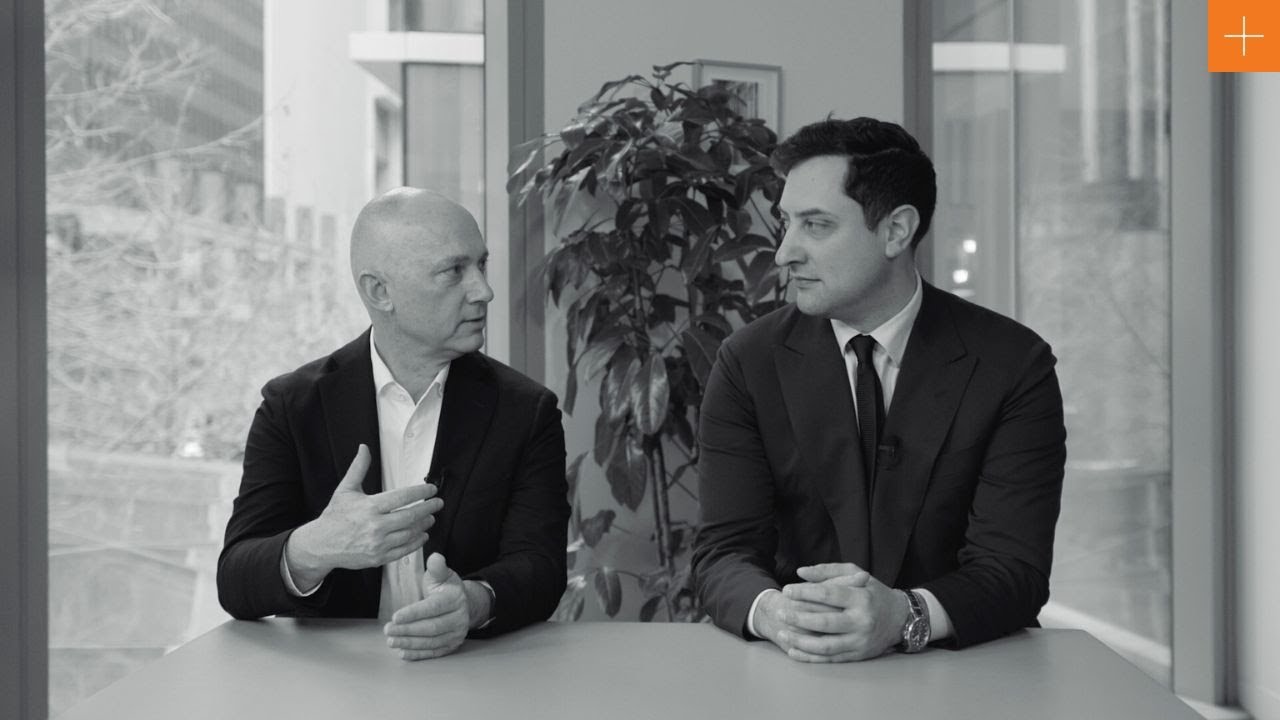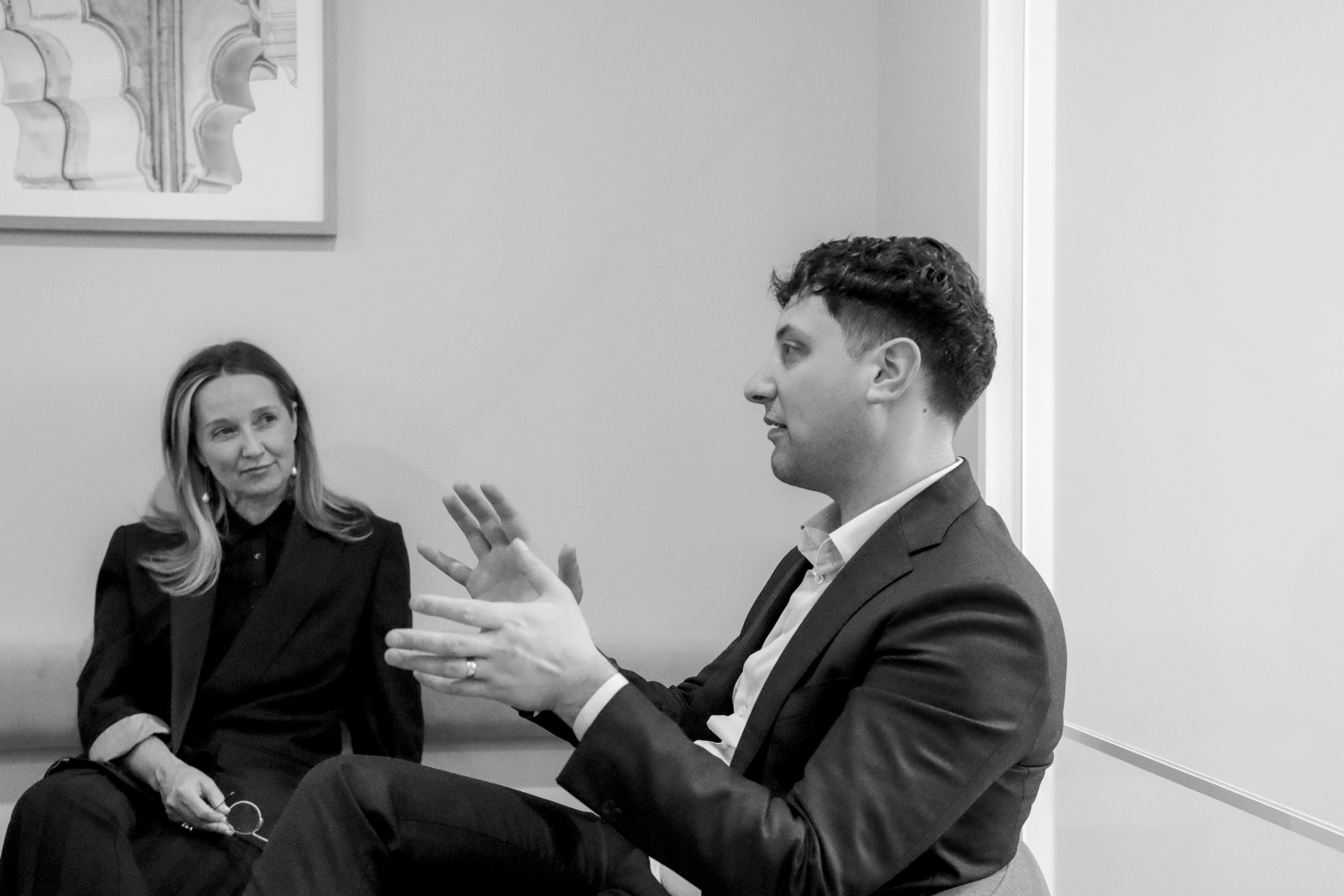David is a legal industry thought leader. Before joining Aptum, David was the Managing Principal at a mid-sized Melbourne practice for over 13 years, and spent over 23 years prior as a partner and consultant specialising in commercial dispute resolution.
During this time, David has led sweeping operational transformations such as replacing time and resource-based models with value-based pricing, and helping narrow the focus of firms to suit their expertise and positioning strategies.
When we sat down with David for an interview, we spoke about the philosophies underpinning his growth and change mindset, his views on what it means to be a legal professional, and what his role as Aptum’s ‘Chief Value Officer’ represents:
You were hands-on with dispute resolution for a long time, but grew into a role with broader impact on the management side. Did you know what you wanted to change?
The first thing was ditching time recording. Charging by time was what most legal practices were doing at that stage and we went down the path of pricing for value.
That was a step that probably was a catalyst for further transformation and probably for my rebirth as an effective manager and leader. It gave me the encouragement that there were other innovations that were possible when you realise that it’s ok to be different and you don’t have to try and replicate what everybody else is doing. Benchmarking – trying to be like your competitors – is actually a recipe for getting nowhere. You should be doing the opposite and trying to differentiate your practice.
What are some of those further transformations you’ve been involved in?
Realising when a practice is perhaps trying to be all things to all people. You have to be prepared to focus on what you do absolutely best. It’s been said that the essence of strategy is deciding what you’re not going to do. It’s a case of narrowing focus to your core areas and letting go of the rest, which has always been successful in my experience.
That’s one of the things that attracted me so much to Aptum, the fact that we’re trying to be different and are very focused on what we can do absolutely best. We aren’t meddling in areas where we don’t necessarily have expertise that will distract our attention.
How do you understand what the focus should be for a firm?
It’s an interesting thing. In the positioning space, some of the people whose writings I admire say that you can have ‘subject superiority’ or you can have ‘market mastery’. Subject superiority means that you know just about everything there is to know about a particular discipline, and that can be applied over a range of industries to clients who might be quite different but who have the need for your particular expertise.
Contrast that with market mastery, where you just choose to focus on a particular industry, the mining industry, for example. Then within that particular industry you might be able to do everything in the law that your clients need, because you know that industry so well, you can apply your expertise that way.
For Aptum, I would say that there is subject superiority in terms of the litigation and dispute resolution process. Aptum is saying, ‘We’re just really good at resolving commercial disputes’, and can do that across a whole range of clients, a whole range of industries, professions and market sectors. The focus is narrowed to the point where we just know the dispute resolution process so well and we’re absolute experts in it.
What about value based pricing? What has the feedback been, generally, for you?
It’s mostly positive. When you fix the fee up front you’re saying, ‘We back ourselves and we’re actually sharing risks with you.’ When a client hears that the lawyer is prepared to share risk, that promotes trust. If you then have the right people with the right expertise and a beautiful project management system, and you deliver the outcomes that are being forecast, it’s a great experience for clients.
But it all depends on your expertise as a professional and your relevance to the client’s issue and the value that you create. You might have wonderful expertise, but if the client’s matter is a relatively small or insignificant one, you might not be able to create much value for the client at all. In fact, the client may be better off using someone other than you, which is ok.
There is no point, in a practice that is intending to create value for clients, to hold onto a client or a matter if the expertise is not there to create that value. We won’t be happy; the client won’t be happy. It’s just better to be transparent from the outset and say, ‘I wish we had this expertise but we don’t. We would like to refer you to another legal practice down the road because they are a better fit for you in these circumstances.’
Clients actually find this liberating and empowering and they respect the professional more who is willing to do that. Next time they come back to that lawyer and the lawyer says they are able to help because the matter is right in their sweet spot, the client believes them because last time the lawyer sent them away. That builds trust, and of course that’s what we all want to do as professionals in any sphere. We just want to build the trust of clients who are the right fit for us.
I know you’re a fan of the phrase, ‘knowledge is a non-rival asset’.
I love that expression. It’s a beautiful thing that I can give away my knowledge to you and you will be better off, but I’m no worse off because I still have it. Professional practices that can comprehend this will have clients that are better off and that’s only going to build trust, relationships and loyalty, because we’re not diminished by that knowledge sharing ourselves.
Some of these ‘big law’ ideas, time based recording for example, have been around for a pretty long time. What do you think are the challenges for bringing new trains of thought?
One of the challenges – with any profession really, not just the law – is trying to get everybody onto the same page where they’re aligned in the vision and strategy for the whole practice and not just their individual practice. If you can get people to understand how other people in the firm might be able to apply their intellectual capital to the needs and wants of their own clients so that they can share the resources, that can be quite powerful.
What you mentioned earlier about identifying value speaks to why a ‘Chief Value Officer’ is important: having an expert understanding of when Aptum is the right fit, and when we are, what we can really offer.
Yes. So, one of my responsibilities isn’t simply to help clients understand the value that Aptum can create, but I’m working with the lawyers and everybody on the team to help them understand the value that they create for clients.
That may be not only because of our legal expertise as lawyers, but because of the way that we can empathise with clients, the way that we can listen carefully, the way that we can help develop strategy, the way that we can be accessible, our emphasis on quality and client care. These are all things that clients value in their lawyer, on top of the technical legal outcome.
Just as professionals, really?
Well, yes. The definition of a professional is a technician who cares. I see that in spades in Aptum at the moment and I’ve got an opportunity to try and further develop that which is exciting.
We’re very pleased to have David Wells’ thoughtful leadership in strategy at Aptum to help guide our stance as Australia’s specialists in commercial litigation.




